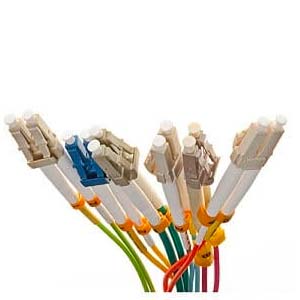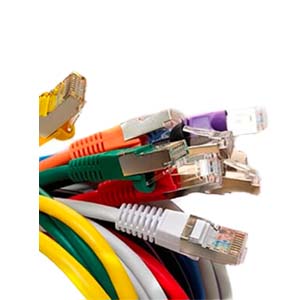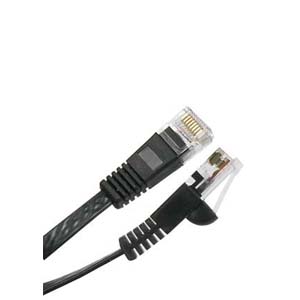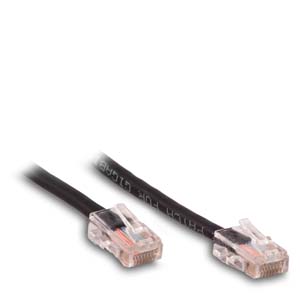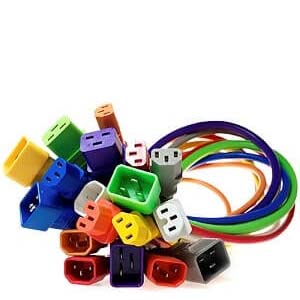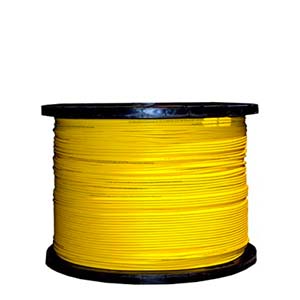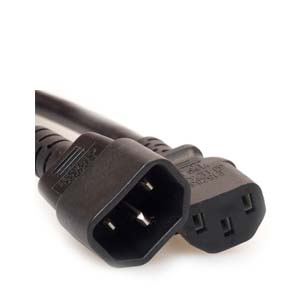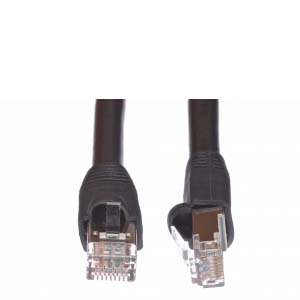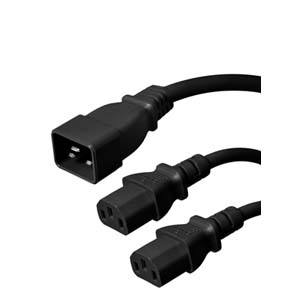Cables Blog
What's the Difference Between a Cat5 and Cat6 Cable?
Meta Description: Cat5 cables and Cat6 cables share similar characteristics and specifications, but they have a number of differences to consider when determining the correct cable for your network needs.
by VIKAS DAYAL • January 05, 2022
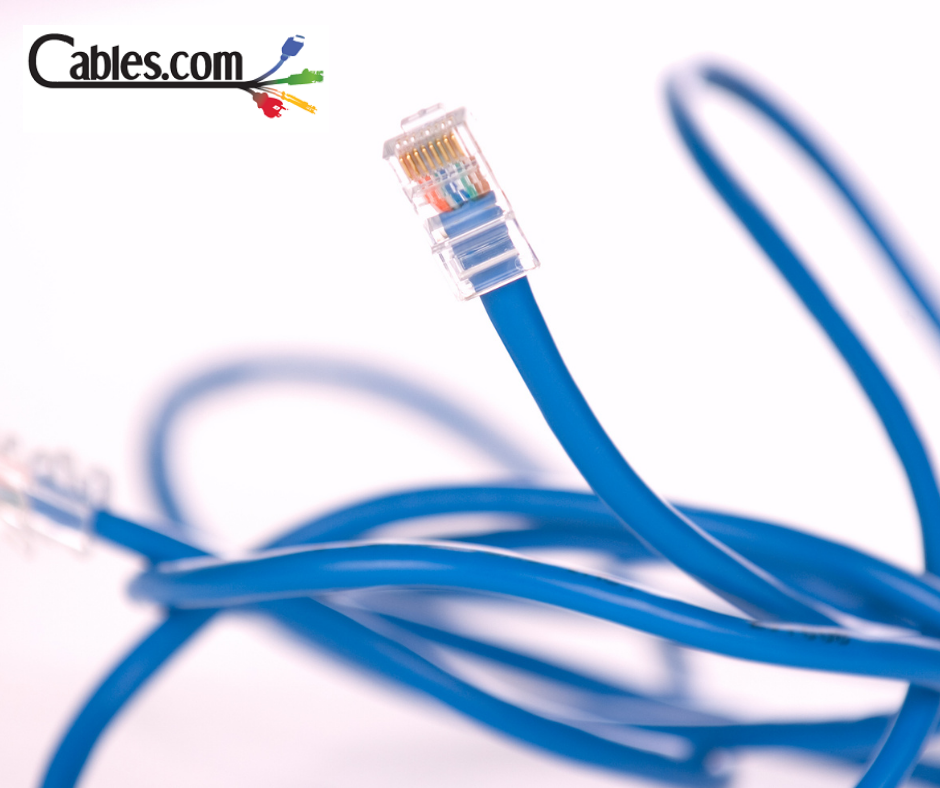
There are a lot of misconceptions about Cat5 and Cat6 cables, most commonly is that they are assumed to be the same thing, but this couldn't be further from the truth. There are a few differences between these two types of cables, not only in terms of speed, but also as far as installation goes. If you are an IT professional or a home user with a lot of electronic devices, you probably know that some cables make all the difference. If your internet connection is not as strong as it could be, then it might be time to replace those old Cat5 cables with newer and faster Cat6 cables.
There are several differences between these two types of cables, however, you will find that the Cat6 is preferable in most cases. Upon closer inspection, many differences become apparent between the two cables. For one, there is an obvious speed difference when transferring data. Cat cables are named according to their maximum speed capabilities, with Cat standing for "Category." A Cat cable is simply a type of Ethernet cable that meets certain performance standards. The higher the number in the category title (Cat-something), the faster and more reliable the cable is presumed to be. Category ratings are based on bandwidth—the amount of data that can be sent over a network. A Cat cable is capable of higher speeds than its predecessors, which makes it ideal for transferring large files or communicating with very powerful devices like servers and routers
When it comes to deciding between a Cat5 and a Cat6 cables, another common misconception is that the more expensive they are, the better their quality will be. This could not be further from the truth. Cat cables can be found in a variety of different price ranges, so it is important to do your research before making a purchase. The only time that you would really need to upgrade from a Cat5 cable to a Cat6 cable is if you are using very high-end devices that require more bandwidth than what a Cat5 cable can offer.
The installation of a Cat5 cable are pretty similar to a Cat6 cable. Both cables are generally installed by inserting the eight wires into the correct pins of a connector, which is then crimped onto the cable. Both can also be terminated with an RJ45 keystone jack, but this is not as common. A Cat 5e and Cat6 cable must have connectors that match the type of port on the receiving device. If you are unsure of which type of connector your device uses, it is best to consult your power cable provider, i.e the team at Cables.com.
When it comes down to it, both cables will work just fine for most users. However, you might want to consider upgrading if your current cable is older than five years and suffers from frequent interruptions and disconnects, as this could be caused by a faulty or damaged cable. Replacing an old Cat-something with a new version should solve the problem once and for all.
When it comes to speed and reliability, there is no comparison between a Cat6 cable and its predecessors. If you are looking for a cable that will offer the fastest speeds and greatest reliability, then you should upgrade to a Cat6 cable. In need of a new Cat5 of Cat6 cable? Visit Cables.com and upgrade your data and network cables today!


